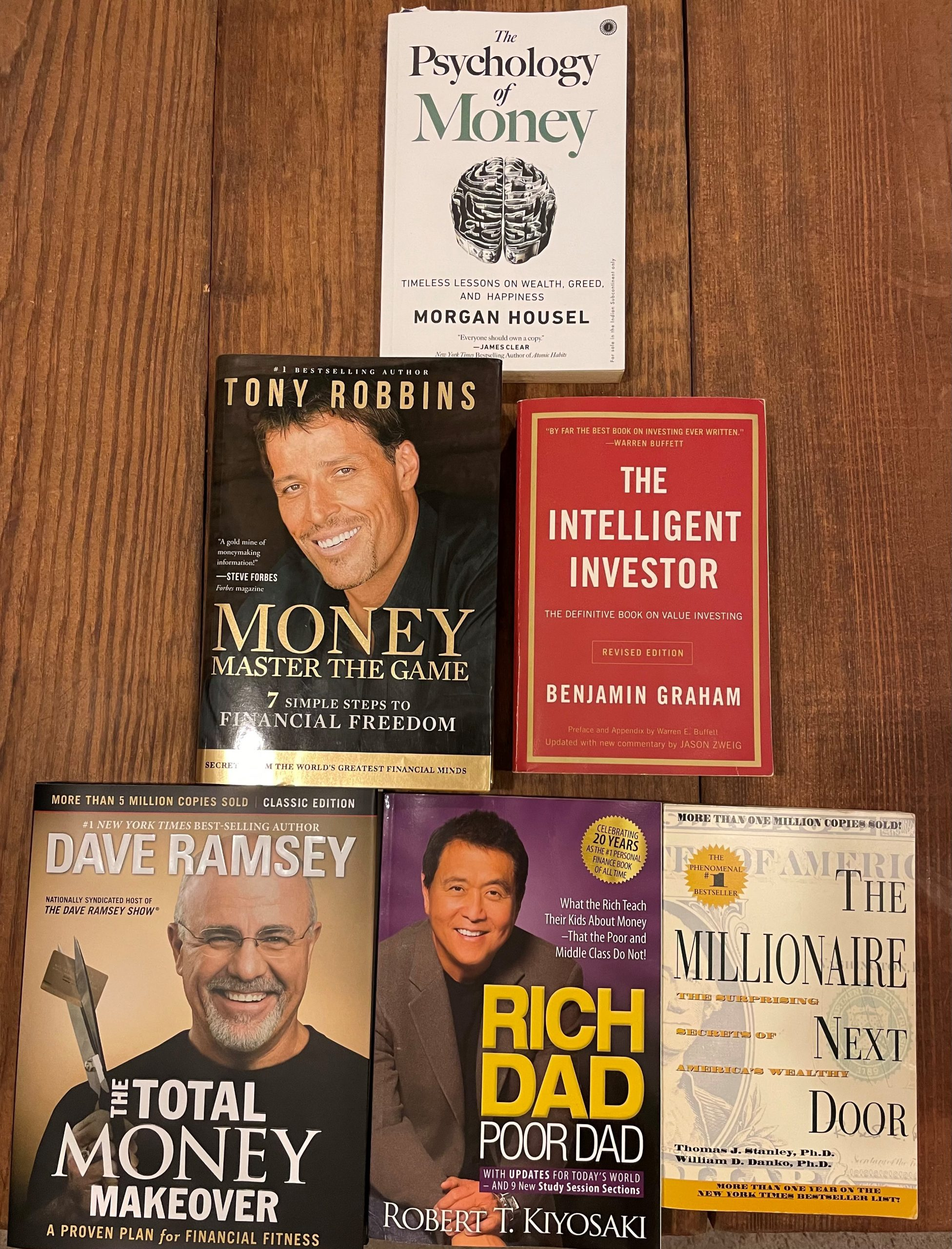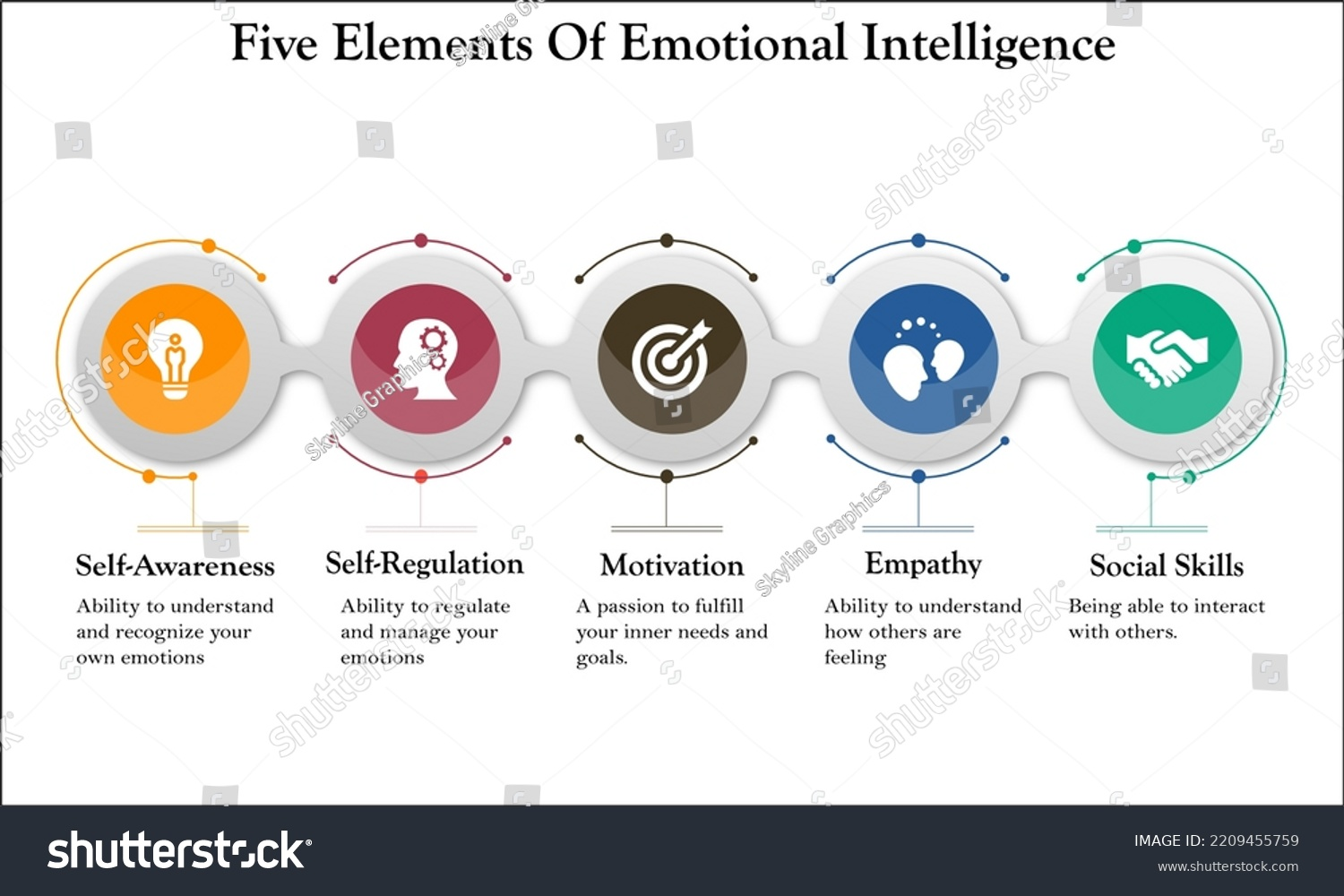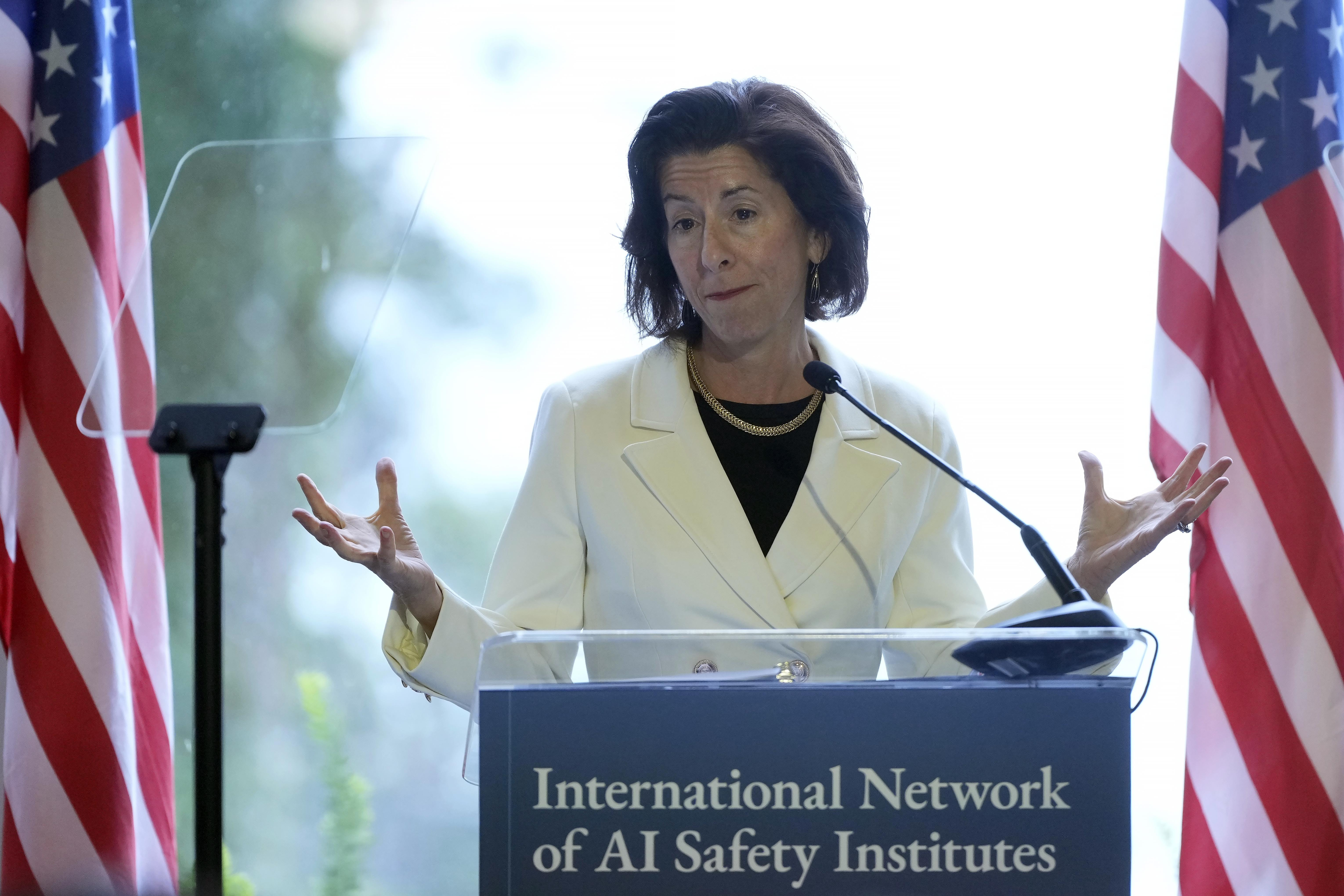Books about money offer invaluable insights into understanding the complexities of personal finance and economic systems. Whether you’re seeking guidance on money management, looking for the best economics books, or diving into the world of finance books, there’s a wealth of literature available to enhance your financial literacy. From classic personal finance literature to contemporary titles on cryptocurrency, these books can serve as essential tools for navigating today’s financial landscape. Experts, including renowned economists from Harvard, recommend various titles that not only educate but also entertain readers with captivating narratives on money’s impact throughout history. Engaging with these resources will empower you to make informed financial decisions and build wealth responsibly.
Exploring literature on fiscal matters reveals a treasure trove of resources designed to illuminate key concepts in wealth creation, budgeting, and investment strategies. Works focusing on economic theories and market trends not only aid in grasping the principles of finance but also delve into intriguing discussions surrounding digital currencies and evolving financial technologies. Such essential reading can transform your understanding of monetary dynamics and provide you with practical tools for better financial decision-making. Embracing different forms of personal finance literature equips individuals with the skills necessary to navigate various financial landscapes, including the rapidly changing realm of cryptocurrency. This expansive collection of financial writings fosters a deeper appreciation for the challenges and opportunities present in today’s economy.
Exploring the Best Books on Money Management
When it comes to managing personal finances, the right literature can offer invaluable insights and strategies. Money management books are essential resources that provide practical advice on budgeting, saving, investing, and preparing for retirement. Notable titles such as “Your Money or Your Life” by Vicki Robin and Joe Dominguez help readers reframe their relationship with money and make informed financial decisions. These works not only empower individuals to take control of their financial futures but also inspire readers to adopt a holistic approach to money management.
Another compelling dimension within money management books is the emphasis on understanding and cultivating wealth in various forms. For instance, books like “The Total Money Makeover” by Dave Ramsey provide step-by-step guidance for eliminating debt and building wealth. This financial literature not only contains practical advice but also motivational stories that encourage readers to persist in their financial journeys. Understanding the principles of personal finance is vital in our increasingly complex economic landscape.
Nobel Laureates Recommend Top Economics Books
The insights of Nobel laureates can illuminate complex economic theories through engaging narratives. Books recommended by experts like Claudia Goldin and Milton Friedman serve as gateways to exploring fundamental concepts in economics. Goldin’s work on the economic impact of women in the workplace provides a fresh perspective on labor economics and its historical significance. Understanding these themes can greatly enhance one’s appreciation for the dynamic interplay between economics and societal change.
Friedman’s contributions, particularly in works like “Money Mischief,” delve deep into the mechanisms of monetary policy and its overarching influence on economies. His theories elucidate the critical roles that money supply, interest rates, and inflation play in economic stability. For anyone keen on grasping economic principles, these books provide a foundational understanding that is both captivating and educational.
Understanding Cryptocurrencies and the Future of Money
The rise of cryptocurrencies has transformed the way we view money, prompting a reassessment of traditional financial systems. Notable books such as “The Future of Money” by Eswar S. Prasad offer critical insights into digital currencies and their potential to reshape economic landscapes. This literature helps demystify the complexities of blockchain technology and various cryptocurrencies, making it accessible even to those outside the financial sector.
Moreover, understanding the historical context and potential future implications of digital currencies is crucial for navigating today’s economy. Books on cryptocurrency illustrate both the opportunities and risks posed by this new digital frontier, informing readers about regulatory challenges and market volatility. In a world where digital transactions are becoming the norm, such insights are invaluable for individuals and businesses alike.
The Role of Historical Literature in Finance
Historical finance literature provides readers with critical perspectives on how past events shaped the modern economic landscape. Narratives such as “The Ascent of Money” by Niall Ferguson intricately weave historical context into financial concepts, illustrating the evolution of debt and finance through real-world examples. Understanding these historical frameworks not only enriches our knowledge of present financial systems but also aids in predicting future trends.
Additionally, works like “Ben Franklin: An American Life” highlight how historical figures influenced the development of financial practices and the introduction of innovations such as paper currency. By studying these biographies, modern readers gain valuable insights into the socio-economic factors that drive financial systems today, emphasizing the essence of learning from the past to inform future financial planning.
Personal Finance Literature That Inspires Action
Personal finance literature serves as both a guide and a source of inspiration for individuals looking to improve their financial well-being. Books like “The Millionaire Next Door” encourage readers to rethink common perceptions of wealth, emphasizing that living below one’s means often leads to greater financial security. Such insights can motivate readers to adopt practical financial habits and set achievable monetary goals.
Moreover, the narratives found in personal finance literature often resonate deeply with readers, showcasing the journeys of others who have successfully managed their finances. This relatability can impart hope and motivation, illustrating that financial independence is attainable with discipline and informed decision-making. By engaging with these texts, individuals can cultivate a proactive mindset towards their financial futures.
The Interplay Between Money and Economic Policies
Understanding economic policies is crucial for comprehending the role of money within the broader economy. Books such as “The Only Game in Town” by Mohamed A. El-Erian provide essential insights into how monetary policy decisions impact market dynamics and economic growth. This literature emphasizes the importance of central banks and fiscal strategies in stabilizing economies during times of crisis.
Furthermore, exploring the intersection of money and political policies highlights the multifaceted nature of economic decision-making. As seen in works by renowned economists, these texts reveal how economic principles are implemented in real-world scenarios, shaping not only markets but also the everyday lives of individuals. Individuals seeking to grasp the complexity of economic systems will find great value in these analyses.
Innovations in Transaction Technologies and Their Impacts
The evolution of transaction technologies has significantly impacted how we conduct financial transactions. Kenneth Rogoff’s book “The Curse of Cash” examines the transformation of currency from coins to digital forms and the implications of these changes for society. This literature offers a profound understanding of how governments regulate new transaction technologies and the potential challenges posed by digital currencies.
As we move towards a more cashless society, understanding the innovations in transaction technologies is essential for navigating the future of money. Literature that explores these themes provides critical insights into the advantages and drawbacks of such technologies, helping readers comprehend the risks involved. As these technologies continue to develop, individuals must stay informed to make prudent financial decisions.
Thriving in a Digital Economy with Personal Finance Skills
In today’s digital economy, mastering personal finance is more essential than ever. With the rise of online banking, investment platforms, and cryptocurrency trading, acquiring effective money management skills is paramount. Engaging with modern finance books helps individuals develop these skills and adapt to the fast-paced financial landscape, enabling them to make well-informed decisions.
Books on personal finance now often integrate digital tools and resources, providing readers with practical strategies to leverage technology for efficient financial management. This intersection of finance and technology offers opportunities for individuals to grow their wealth in innovative ways. As the digital economy evolves, becoming financially literate is pivotal for success.
Navigating Financial Crises Through Literature
Financial crises often reveal the vulnerabilities in economic systems, making literature on these topics essential for understanding their complexities. Books that analyze historical economic downturns, such as those examining the 2008 financial crisis, provide critical lessons on risk management and financial prudence. Engaging with this literature helps individuals and economists alike anticipate challenges and develop strategies to mitigate future crises.
Moreover, understanding the emotional and psychological implications of financial crises through literature can aid individuals in coping with uncertainty. Many finance books address the mental strain of economic downturns, providing strategies for resilience and recovery. By exploring these narratives, readers can equip themselves with the knowledge and tools necessary to navigate financial hardships.
Frequently Asked Questions
What are some recommended books about money management for beginners?
For those looking to dive into money management, some excellent books include “The Total Money Makeover” by Dave Ramsey, which offers practical steps for debt reduction and savings. Another great read is “Your Money or Your Life” by Vicki Robin, which focuses on transforming your relationship with money and achieving financial independence. These money management books provide essential strategies that can help beginners take control of their finances.
Which finance books are considered essential for understanding personal finance?
Essential finance books that can help you master personal finance include “The Simple Path to Wealth” by JL Collins, which simplifies investing and builds wealth, and “The Millionaire Next Door” by Thomas J. Stanley and William D. Danko, which explores the habits and traits of wealthy individuals. These titles are highly regarded in personal finance literature, guiding readers to make informed financial decisions.
What are the best economics books that delve into the history and future of money?
Among the best economics books on the subject of money are “The Ascent of Money” by Niall Ferguson, which provides a compelling history of finance and debt, and “Money Mischief” by Milton Friedman, offering insightful commentary on monetary policy. These works discuss the evolution of money and its significant impact on the economy, making them invaluable resources for understanding economic principles.
How do books on cryptocurrency help in understanding digital currencies?
Books on cryptocurrency such as “The Future of Money” by Eswar S. Prasad give a well-rounded perspective on digital currencies, discussing both their advantages and disadvantages. Additionally, “Mastering Bitcoin” by Andreas M. Antonopoulos is another great resource that explains the technical details of Bitcoin and blockchain technology. These books are vital for anyone wanting to deepen their understanding of the cryptocurrency landscape.
What personal finance literature can help with career planning and financial stability?
“Career and Family” by Claudia Goldin is an insightful piece of personal finance literature that explores the dynamics between career aspirations and financial independence, especially for women. Alongside it, “The Wealthy Gardener” by John Soforic offers practical and philosophical insights about wealth building in relation to one’s career. Together, these books provide guidance on achieving both career success and financial security.
| Book Title | Author | Key Insights |
|---|---|---|
| Money | Jacob Goldstein | An entertaining history of money, detailing both successful and failed currencies. |
| The Future of Money | Eswar S. Prasad | A reliable economic account discussing the pros and cons of cryptocurrencies. |
| Money Mischief | Milton Friedman | Scholarly insights into monetarism, more significant than entertaining. |
| The Price of Peace | Zachary D. Carter | A biography of Keynes, discussing money’s impact on economy, war, and peace. |
| The Ascent of Money | Niall Ferguson | History of debt and finance intertwined with real people and events. |
| The Only Game in Town | Mohamed A. El-Erian | Explains central banking’s role during political deadlock post-crisis. |
| Ben Franklin: An American Life | Walter Isaacson | Chronicles Franklin’s role in introducing paper currency to the colonies. |
| The Curse of Cash | Kenneth S. Rogoff | Discusses the past and future of coinage and currency innovations. |
| The Forgotten Financiers of the Louisiana Purchase | Larry Neal | Dissects the financial complexities behind the Louisiana Purchase. |
| Career and Family | Claudia Goldin | Explores the aspirations of educated women to balance work and family. |
Summary
Books about Money provide invaluable insights into the complexities of financial systems and their impact on society. This list of recommended readings from Harvard economists covers a wide range of topics, from the historical evolution of currency to contemporary challenges in economic policy. Each book uniquely contributes to our understanding of the intricate relationship between money and human behavior, making them essential for anyone looking to deepen their financial literacy.



